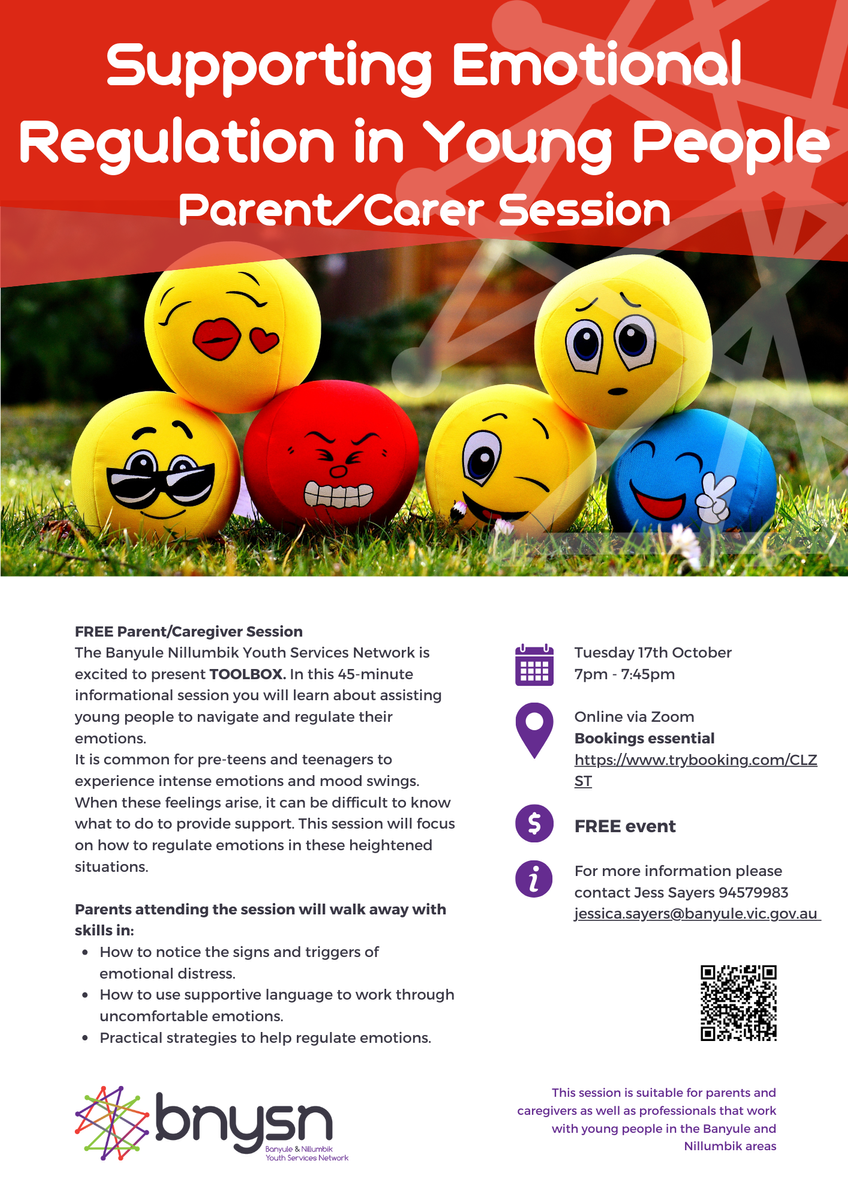A note from Mrs Whitechurch

Congratulations to everyone for the way students have returned to school after the holiday break!
It is always challenging at the start of Term 4, to bounce into school after losing an hour due to daylight savings changes.
As research tells us, there are significant impacts to learning for students that are sleep deprived.
Here is some information from the Sleep Foundation. https://www.sleepfoundation.org/
A direct way that sleep and school performance are connected is through effects on mental function.
Some known problems associated with lack of sleep include:
- Decreased attention. The ability to concentrate is vital to learning and academic achievement, but insufficient sleep reduces attention and focus.
- Impaired memory. Sleep provides a time for memory encoding, which is when the brain stores and strengthens the recollection of an image or thought. Without adequate sleep, memories may not be properly formed, and it may also be more difficult to accurately recall stored information.
- Slowed processing. Short sleep may reduce sharpness, slow reaction time, and hinder the ability to quickly take in and analyse information.
- Worsened sequential thinking. The ability to remember a series of steps, such as in a science experiment or when playing a musical instrument, is reduced when sleep is curtailed.
- Reduced creativity. Creative thinking relies on being able to make connections between diverse ideas, and some research has found that this type of mental activity is harmed by poor sleep Sleep deprivation can also detract from school performance because of various effects on mood and behaviour.
- Excessive daytime sleepiness: Drowsiness during the day, including at school, can have considerable consequences for academic achievement. Dozing off for seconds at a time, known as microsleeps, can occur in the classroom, causing a student to fall asleep at their desk. In addition to interrupting learning, this may be viewed by teachers as a behaviour problem.
- Poor decision-making: Limited sleep can hinder the development of the parts of the brain involved in making good decisions, increasing the likelihood of risky or unwise choices that can lead to disciplinary problems in school.
- Aggression: Some research in children has linked sleeping problems to a heightened risk of aggressive behaviour.
- Irritability and mood: Quality sleep is correlated with healthy emotional regulation, which may make children and teens who fail to get enough sleep more likely to be irritable or upset.
- Hyperactivity: Insufficient sleep can affect attention and in one study was associated with levels of hyperactive behavior reported by teachers. Sleeping problems may exacerbate the symptoms of attention-deficit/hyperactivity disorder (ADHD).
- Depression and Anxiety: In both adults and children, sleep deprivation is associated with a higher risk of depression and anxiety, and these conditions can directly affect a child’s overall health and school performance.
How Can Parents Help Their Children Get Better Sleep and Improve School Performance?
It’s natural for parents to want to do all that they can to support their children in school. Given the importance of sleep for academic performance, parents can make promoting good sleep a pillar of their child’s learning.
Better sleep often starts by first discussing sleep habits and the benefits of sleep with their children. Recognizing the value of quality rest for everyone in the family can be a jumping-off point for practical steps to improving sleep. As part of this process, parents should do their best to model good sleep habits, which can benefit parental health and serve as an example for their children.
A vital step for many families is making sleep a priority. Parents should create a daily schedule that accounts for school start times and other activities and budgets enough hours for children to get the recommended amount of sleep. Having a consistent schedule reinforces the importance of sleep and supports steady sleep habits.
Studies have found that children sleep better when their parents set a bedtime. Having this bedtime not only clarifies the daily schedule but also protects against other activities, even beneficial ones like studying, from gradually cutting into time meant for sleep. In addition to getting more sleep, bedtimes set by parents have been associated with better mood and less daytime sleepiness.
As an extension of the firm bedtime, parents can encourage their children to create a relaxing routine to get ready for bed. Following the same steps every night in order to relax and prepare for sleep has been found to benefit young children.
Part of getting ready for bed should mean stopping the use of electronic devices, including cell phones. Most experts advise that both children and adults stop using devices for an hour or more before bed, and if possible, the devices should be kept out of arm’s reach when in bed or out of the bedroom entirely.
Parents can also promote sleep by creating a relaxing sleep environment for their children. Like adults, children sleep better when they have a supportive mattress, comfortable bedding, and a bedroom that is dark and quiet. Parents can work hand-in-hand with their children to make sure that their sleep setting is calming and conducive to quality rest.
If sleeping problems are serious, persistent, or clearly affecting their child’s thinking or behavior during the day, then parents should speak with their child’s paediatrician. A doctor can determine if a child has insomnia, which is distinct from occasional sleeping problems, and make specific recommendations for treatment. A paediatrician can also review a child’s situation to determine if their sleep difficulties are related to an underlying sleep disorder or other health condition.
Here is another link to further information about why sleep is so important.
https://kidshelpline.com.au/teens/issues/why-sleep-so-important
The Banyule Nillumbik Youth Services Network is proud to present our next FREE Parent and Carer session, “Supporting Emotional Regulation in Young People”.
17th October 7pm-8pm ONLINE (zoom link will be sent out the day before the session) Online via Zoom
Bookings essential https://www.trybooking.com/CLZST
FREE event
For more information please contact -
Jess Sayers 94579983 jessica.sayers@banyule.vic.gov.au
Unfortunately, there will be NO recording of this session
This session will be delivered by Toolbox Education www.toolboxeducation.com In this 45-minute informational session you will learn about assisting young people to navigate and regulate their emotions. It is common for pre-teens and teenagers to experience intense emotions and mood swings. When these feelings arise, it can be difficult to know what to do to provide support. This session will focus on how to regulate emotions in these heightened situations.
Parents attending the session will walk away with skills in:
- How to notice the signs and triggers of emotional distress.
- How to use supportive language to work through uncomfortable emotions.
- Practical strategies to help regulate emotions
Lynda Whitechurch
Assistant Principal


